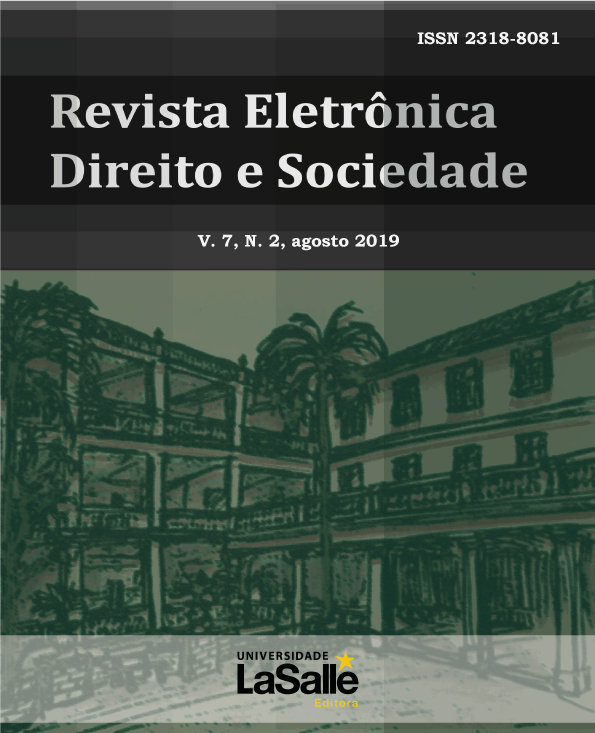Fundamental rights and police letality: opposed signs on same track
DOI:
https://doi.org/10.18316/redes.v7i2.4656Keywords:
Human Rights, Fundamental Rights, Public Security, Police Lethality, Police Violence.Abstract
This article aims to present a reflection on the relationship between fundamental rights, on one side, and police lethality in Brazil, on the other, as a result of our research. Our objective is to organize a theoretical framework about how police actions resulting in the citizen’s death, in addition to violating fundamental rights, can also limit its own promotion. In Brazil, police lethality, that is, the high frequency with which civilian deaths occur due to police actions has persisted in recent years. This fact is attributed, by researchers from different areas, to the impunity and lack of accountability of the public agents in the criminal sphere becoming the relevant topic from a political, academic and legal point of view. As far as methodological aspects are concerned, the present work is organized around the literature review on different topics such as: “autos de resistência”, police lethality, lethal violence, rule of law in Latin America, racial relations in Brazil and fundamental rights. This will allow an original formulation of the link between police lethality, on the one hand, and fundamental rights, on the other.
Downloads
Published
Issue
Section
License
Authors who submit their manuscripts for publication in the “REDES” Magazine agree to the following terms:
The authors claim to be aware that they retain copyright by giving “REDES” the right to publish.
The authors declare to be aware that the work submitted will be licensed under the Creative Commons Non-Commercial Attribution License which allows article sharing with acknowledgment of authorship and publication in this journal.
The authors declare to be aware that by virtue of the articles published in this journal have free public access.
The authors declare, under the penalty of the law, that the text is unpublished and original and that they are aware that plagiarism has been identified, plagiarized authors will be informed - willingly, to take legal action in the civil and criminal sphere - and, plagiarists will have their access to the magazine blocked.
The authors state that - in case of co-authoring - all contributed significantly to the research.
Authors are obliged to provide retractions and (or) corrections of errors in case of detection.
The authors are obliged not to publish the text submitted to “REDES” in another electronic journal (or not).
The Electronic Journal Law and Society - REDES - is licensed under a Creative Commons License. Attribution-NonCommercial 4.0 International.Based on work available at "http://revistas.unilasalle.edu.br/index.php/redes/about/submissions#copyrightNotice".
Permissions in addition to those granted under this license may be available at http://creativecommons.org/.

